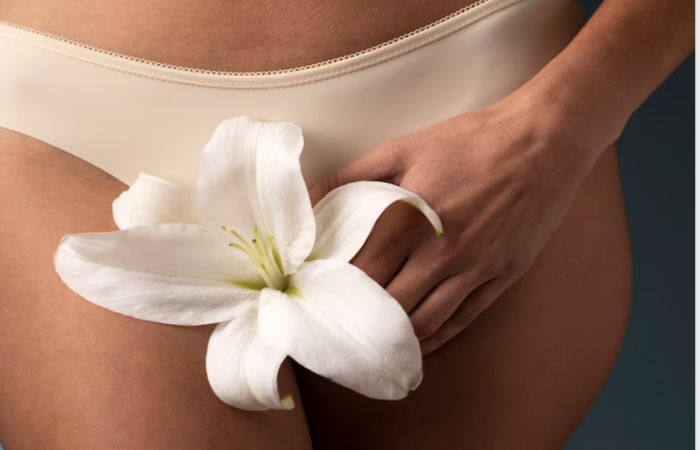
Vagina Tightening Drugs and Herbs: Do They Actually Work?
Many women find themselves asking if vagina-tightening products—especially drugs and herbs—actually work. From creams and pills to herbal concoctions passed down through generations, the promises are bold.
But how much of it is truth, and how much is just clever marketing? Let’s separate fact from fiction and get into what really works—and what doesn’t.
The vagina is a flexible, muscular canal designed to expand and contract. It naturally tightens back after activities like sex or childbirth, but over time, aging, childbirth, and hormonal shifts (especially after menopause) can affect how firm it feels. The key point? "Looseness" isn't usually a medical issue, but more about muscle tone and elasticity—just like other muscles in the body.
Most over-the-counter vaginal tightening products claim to:
-
Increase tightness
-
Improve sensation
-
Restore youthfulness
These often work by using astringents (like alum or tannins) that cause temporary tightening by drying or mildly inflaming the vaginal tissue. This might give a brief sensation of firmness, but the effects wear off quickly and may cause dryness, irritation, or infections if used frequently.
Scientifically? There's very little reliable research backing these products for long-term vaginal tightening.
Common herbs promoted for vaginal tightening include:
-
Witch hazel
-
Aloe vera
-
cloves
-
Fenugreek
While some of these have natural astringent or anti-inflammatory properties, their effects are superficial and short-lived. Plus, inserting herbs into the vagina—especially in raw or homemade form—can disrupt your pH, kill good bacteria, and even lead to infections or burns. So while they may be "natural," that doesn't always mean they're safe or effective.
-
Pelvic Floor Exercises (Kegels): The gold standard for vaginal tightening. Done regularly, they strengthen the muscles and improve tightness and sexual satisfaction.
-
Pelvic Floor Therapy: Guided by a professional, this can address muscle weakness and improve tone significantly.
-
Laser or Radiofrequency Treatments: Non-invasive, medical-grade options that stimulate collagen production and improve vaginal elasticity.
-
Healthy Habits: Staying hydrated, eating well, managing weight, and avoiding smoking all help keep tissues healthy and firm.
Feeling "loose" is often more of a perception than a physical reality. Marketing plays on insecurities, especially when it comes to women’s bodies. Instead of chasing miracle fixes, focus on understanding your body, embracing changes, and using safe, effective ways to support your health and confidence.
The good news? Proven methods like pelvic floor exercises and professional treatments really work—safely and effectively. When it comes to your body, skip the hype and choose what actually supports your long-term wellness.
















